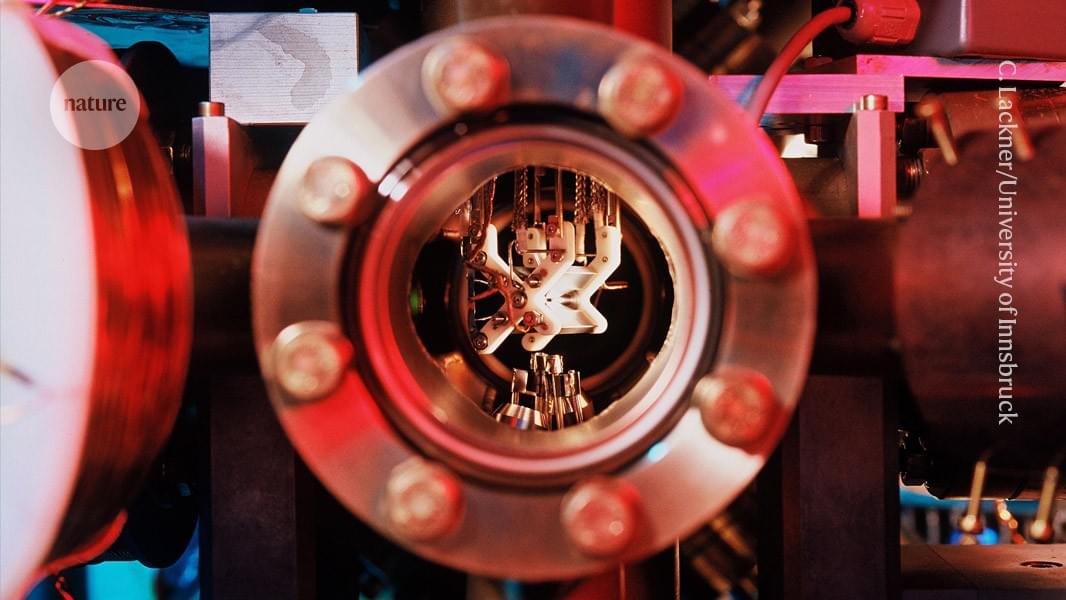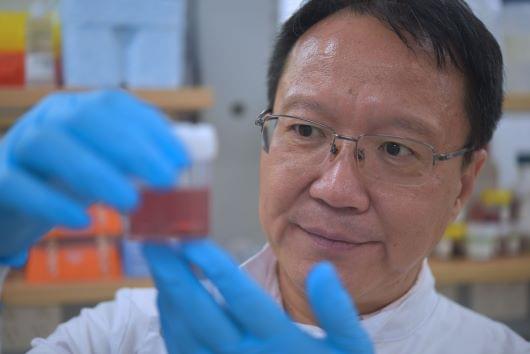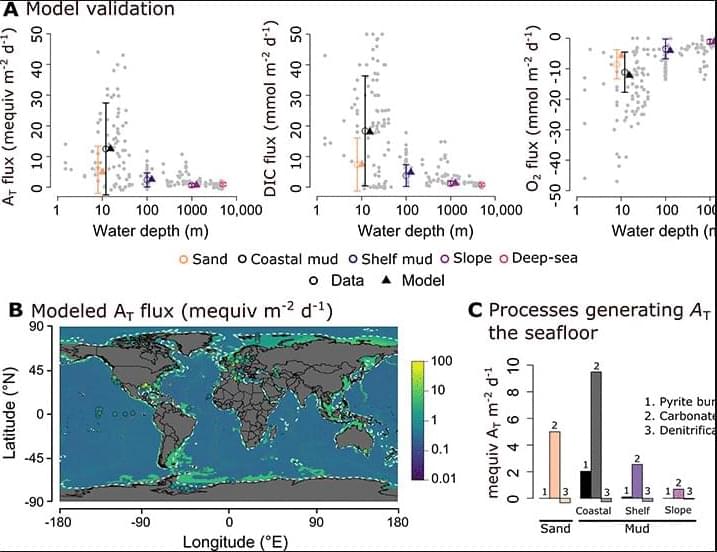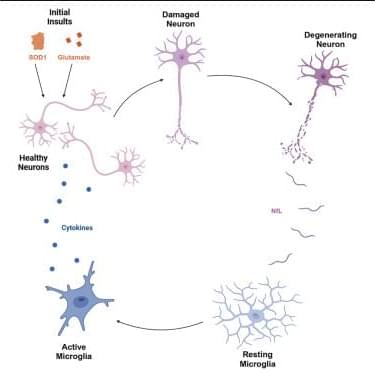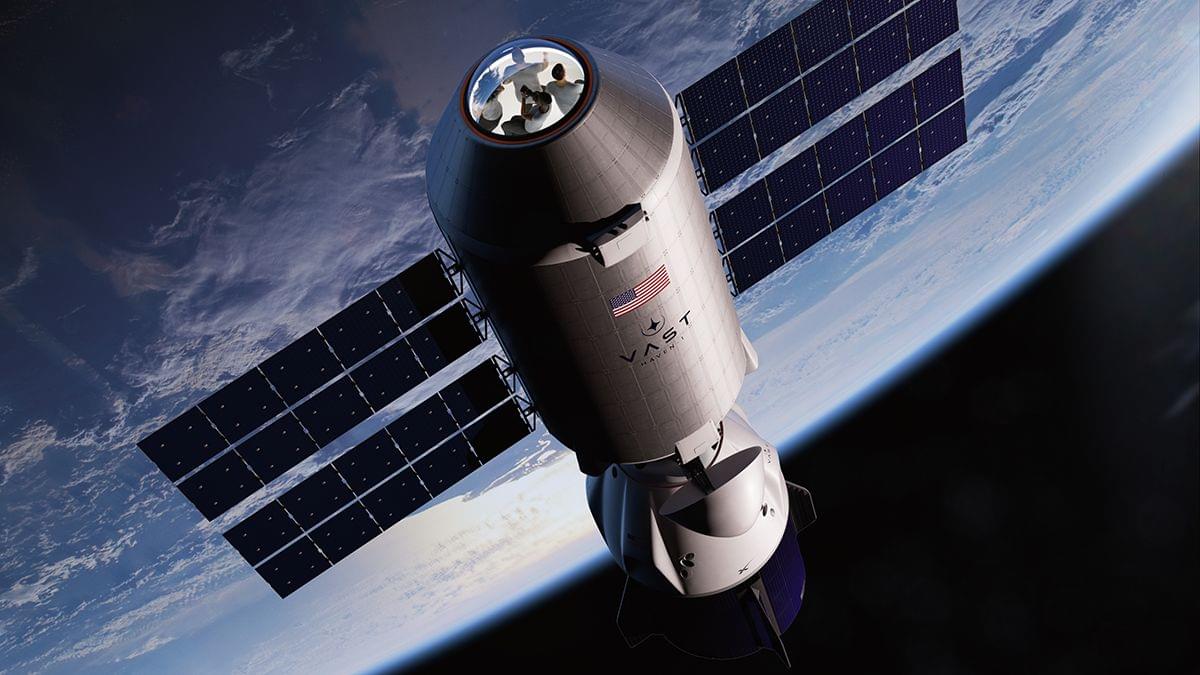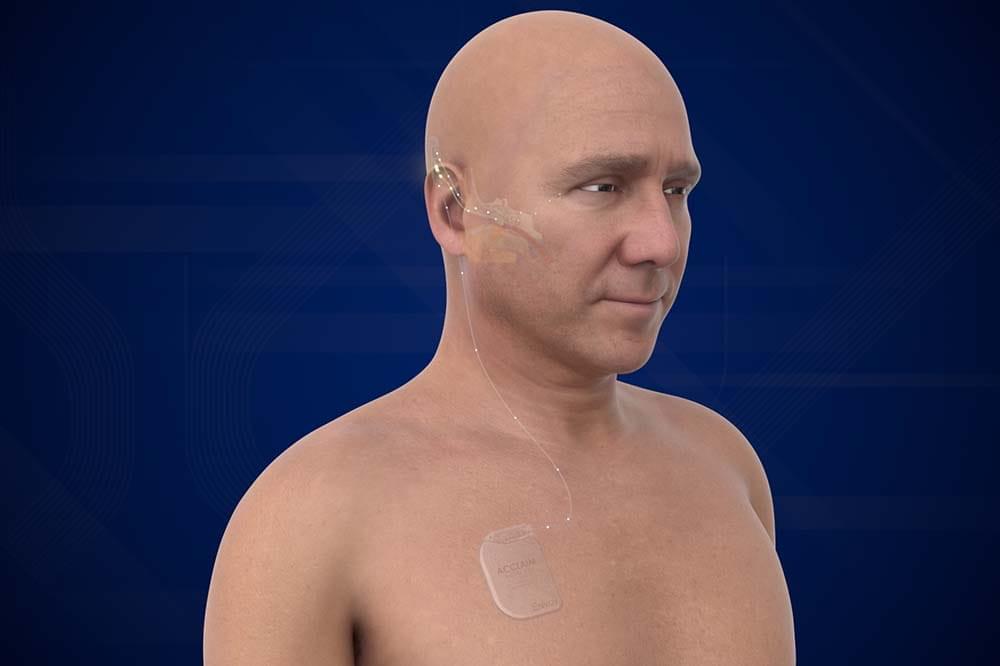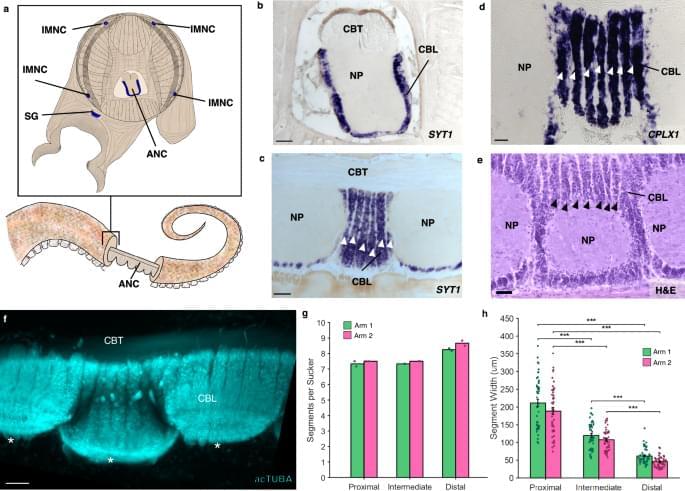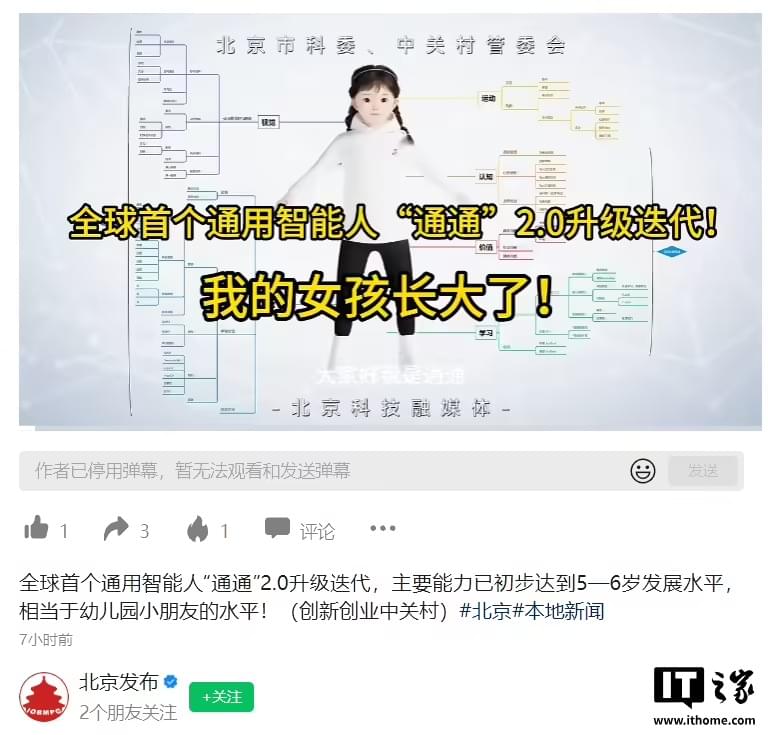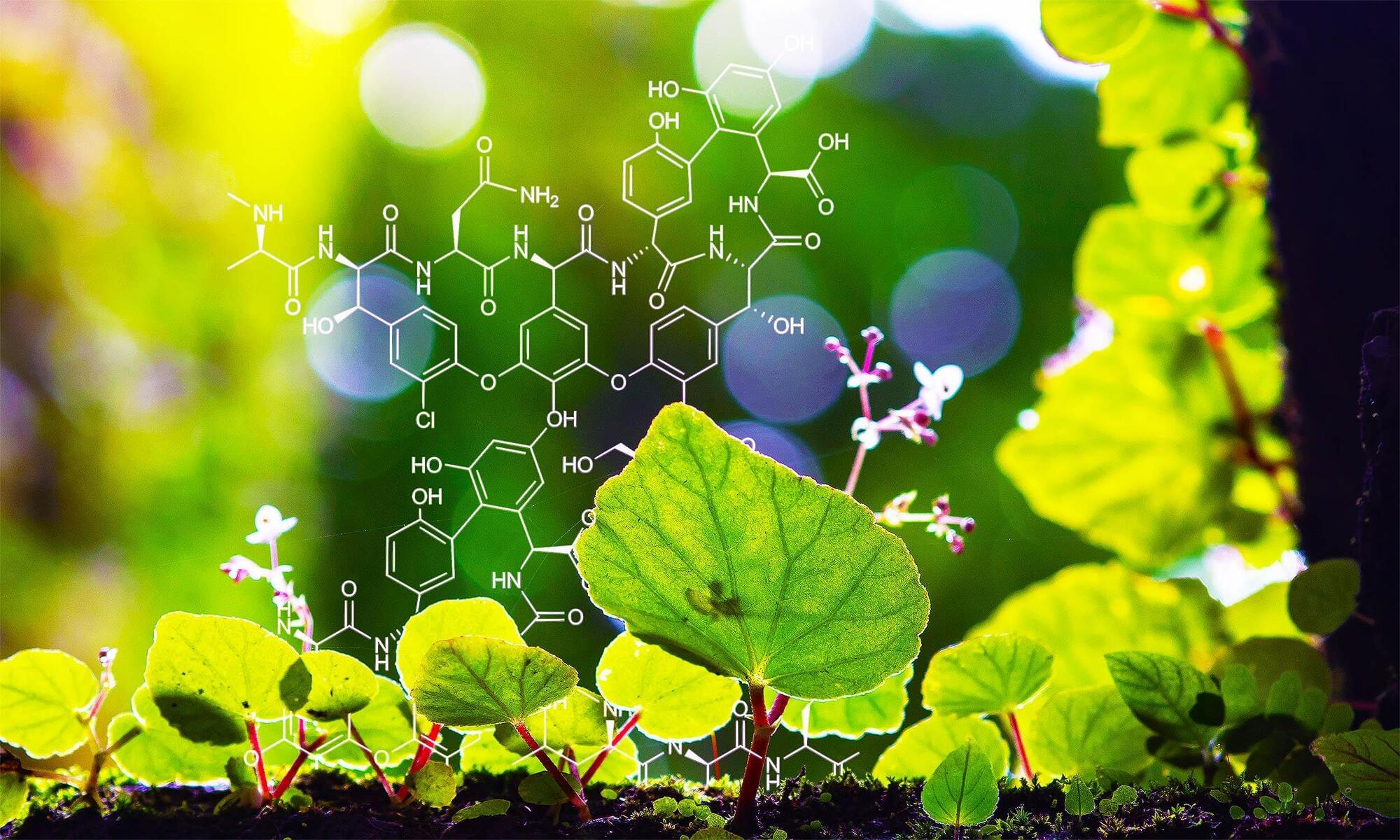Working with multi-dimensional entities could make calculations more efficient and reduce errors.
University of Queensland researchers are designing nanotechnology they believe could improve how we treat the most aggressive form of breast cancer.
Professor Chengzhong (Michael) Yu and his team are developing novel nanoparticles that could dramatically increase the effectiveness of immunotherapies when treating triple-negative breast cancer (TNBC).
TNBC is aggressive, fast-growing and accounts for 30 per cent of all breast cancer deaths in Australia each year, despite making up only 10 to 15 per cent of new cases.
Professor Yu, from UQ’s Australian Institute for Bioengineering and Nanotechnology (AIBN), said a new solution was needed because TNBC cancer cells lacked the proteins targeted by some of the treatments used against other cancers.
UQ researchers are designing nanotechnology they believe could improve how we treat the most aggressive form of breast cancer.
Believe it or not I’m posting new music on Soundcloud!https://soundcloud.com/dilliot2kListen to my podcast!https://anchor.fm/dilliot2kFollow my weight loss j…
Anthropogenic sediment disturbances reduce natural marine carbon sequestration by 2 to 8 Tg CO2 year−1.
When the International Space Station is deorbited, what next? Here are 9 future space stations that will replace the ISS when the time comes.
“There’s an incredible amount of excitement about this device.” MUSC prepares to place totally under-the-skin cochlear implants in patients with hearing loss.
The nerve cord controlling the prehensile arm of the octopus has been poorly described. Here the authors explore the segmental arrangement of the nervous tissue, which guides motor control in the octopus.
World’s First Universal Intelligent Human “Tong Tong” 2.0 Released, Expected to Have the Intelligence Level of 6-Year-Old Children Within the Year — ai, artificial intelligence,1ai.net
Posted in robotics/AI | Leave a Comment on World’s First Universal Intelligent Human “Tong Tong” 2.0 Released, Expected to Have the Intelligence Level of 6-Year-Old Children Within the Year — ai, artificial intelligence,1ai.net
March 30, 2012 — At yesterday’s 2025 Zhongguancun Forum At the annual meeting, the Beijing General Artificial Intelligence Research Institute launched theThe world’s first Universal Intelligent Man“complete” 2.0 officially released.
“Tom-Tom” is positioned as a virtual human with autonomous learning, cognitive and decision-making capabilities. Expected to have the intelligence of a 6 year old within this year..
This study builds on observations first made in 1983, which sparked debates and further research into plant communication.
Over the years, scientists have uncovered various ways plants interact, from chemical signals to underground networks formed by fungi.
“We have finally unveiled the intricate story of when, where, and how plants respond to airborne ‘warning messages’ from their threatened neighbors,” Dr. Toyota emphasized.
